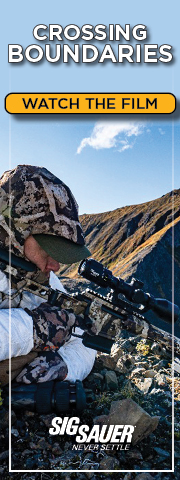I am firm believer in the idea that guys become so attached to a decent/crappy spot that it prevents them from ever finding great elk hunting. I think this (having a bad spot) is the number one reason a lot of guys strike out. I realize it is a tough bridge to cross (accepting the idea that your spot, which you\'ve learned and put so much time/effort into, is not worth hunting any more). My question to you is: When do you let go of a spot and search for greener pastures?
I\'m not talking about switching to plan B, C, etc. I\'m talking about calling it quits on an area/unit/state you\'ve been hunting in order to find a really great area. For me, If I hunted a season and only saw a few elk every couple days that would do it. Also, if I ran into hunters more than a few times, I\'d go elsewhere. What say you?
I\'m not talking about switching to plan B, C, etc. I\'m talking about calling it quits on an area/unit/state you\'ve been hunting in order to find a really great area. For me, If I hunted a season and only saw a few elk every couple days that would do it. Also, if I ran into hunters more than a few times, I\'d go elsewhere. What say you?



